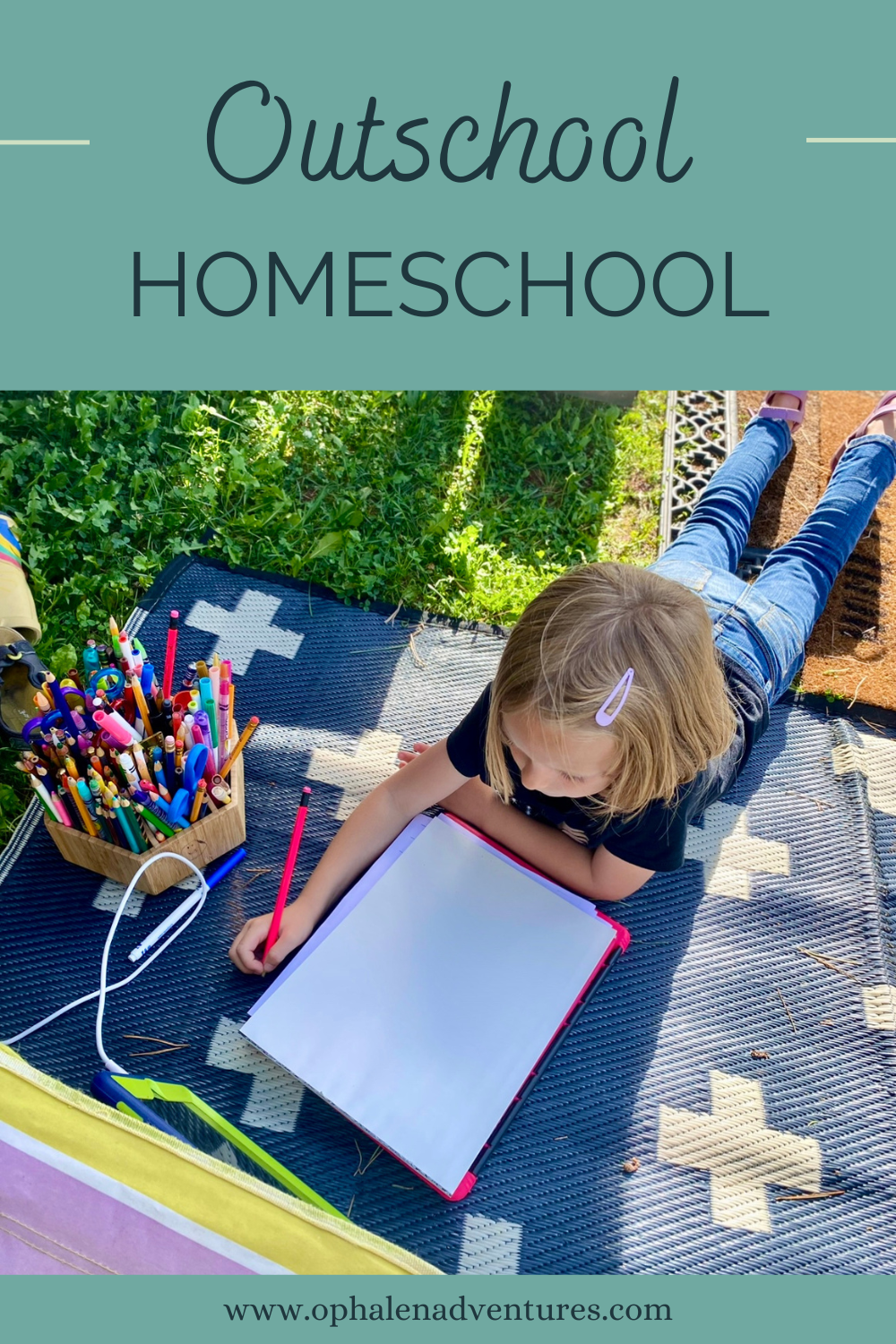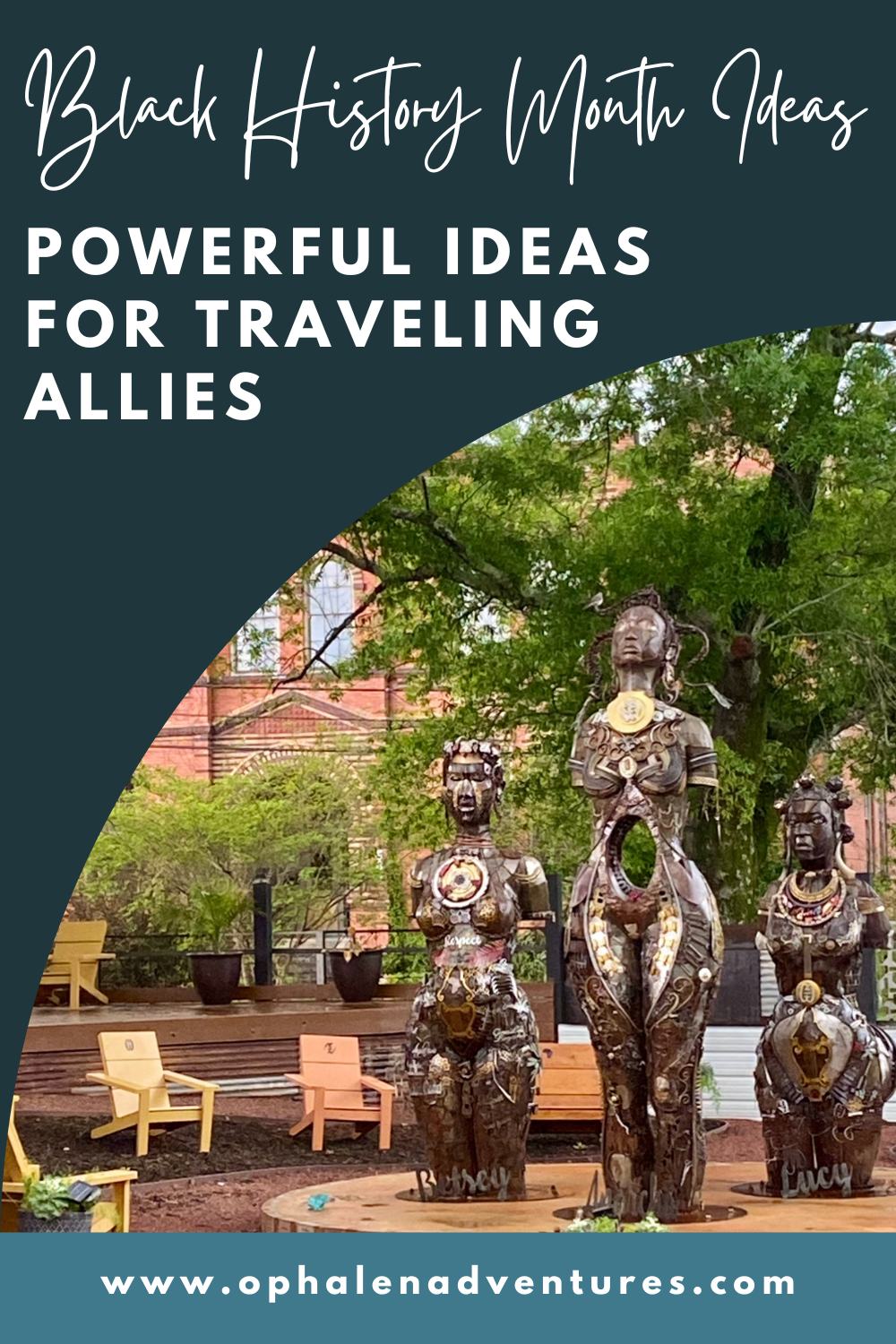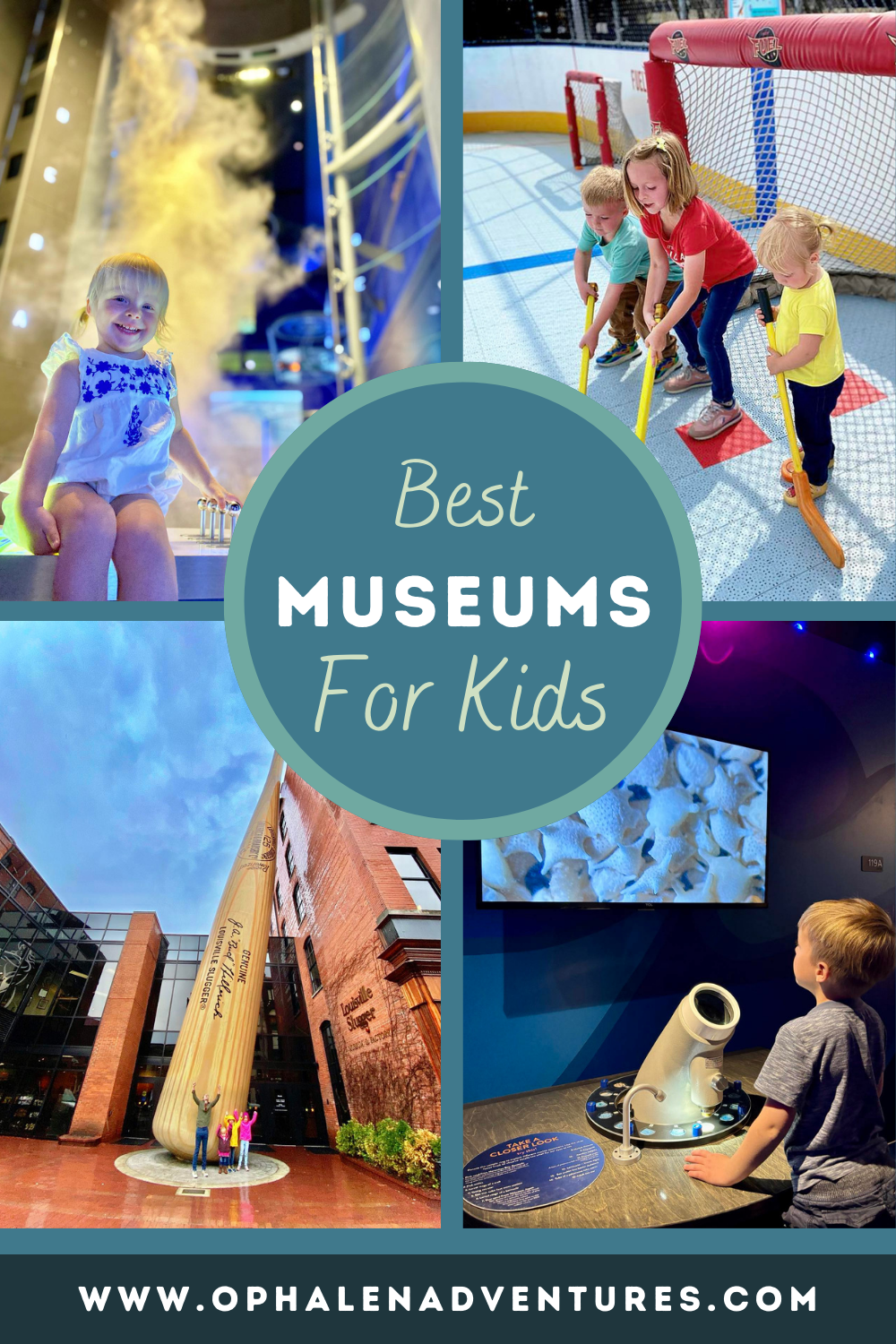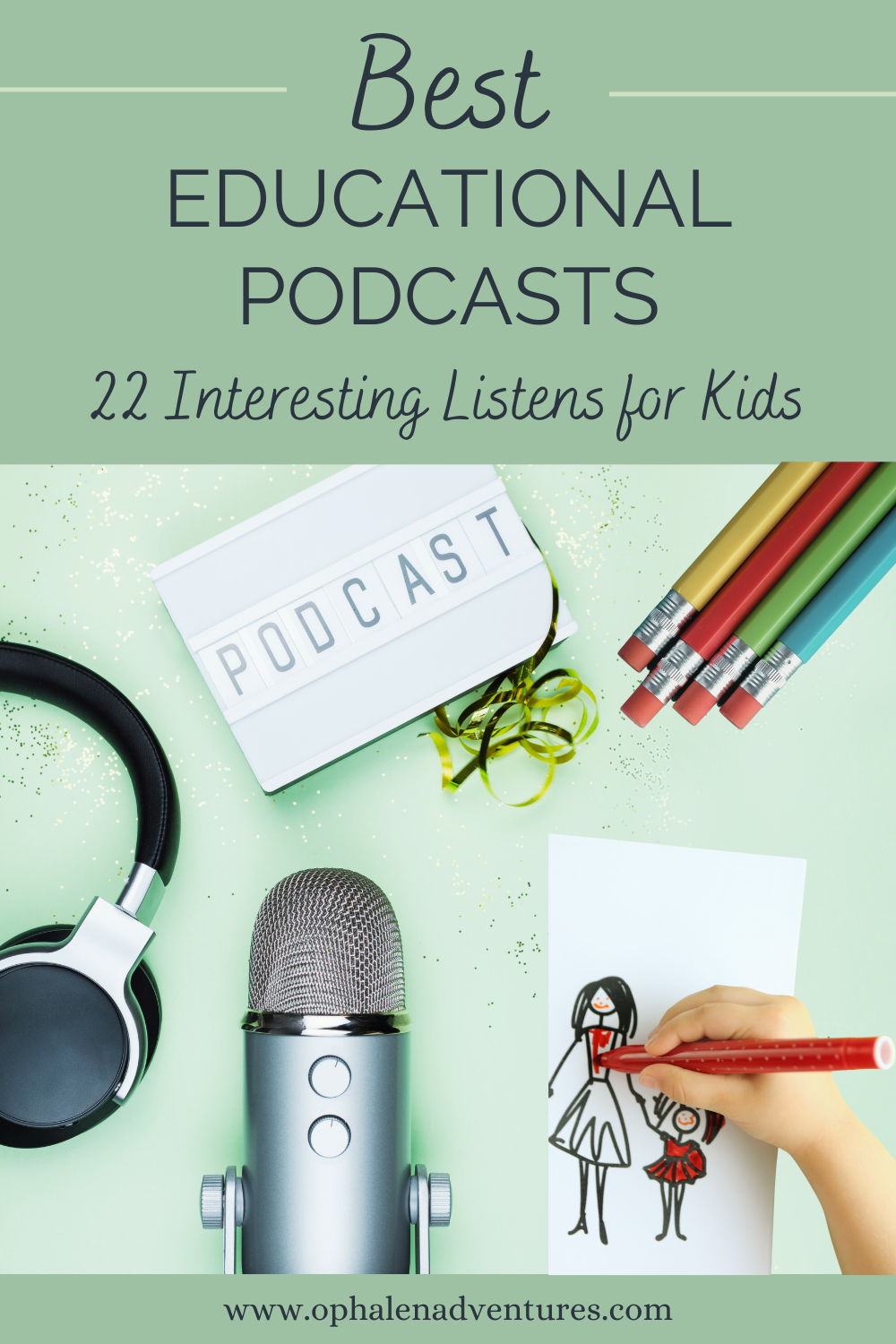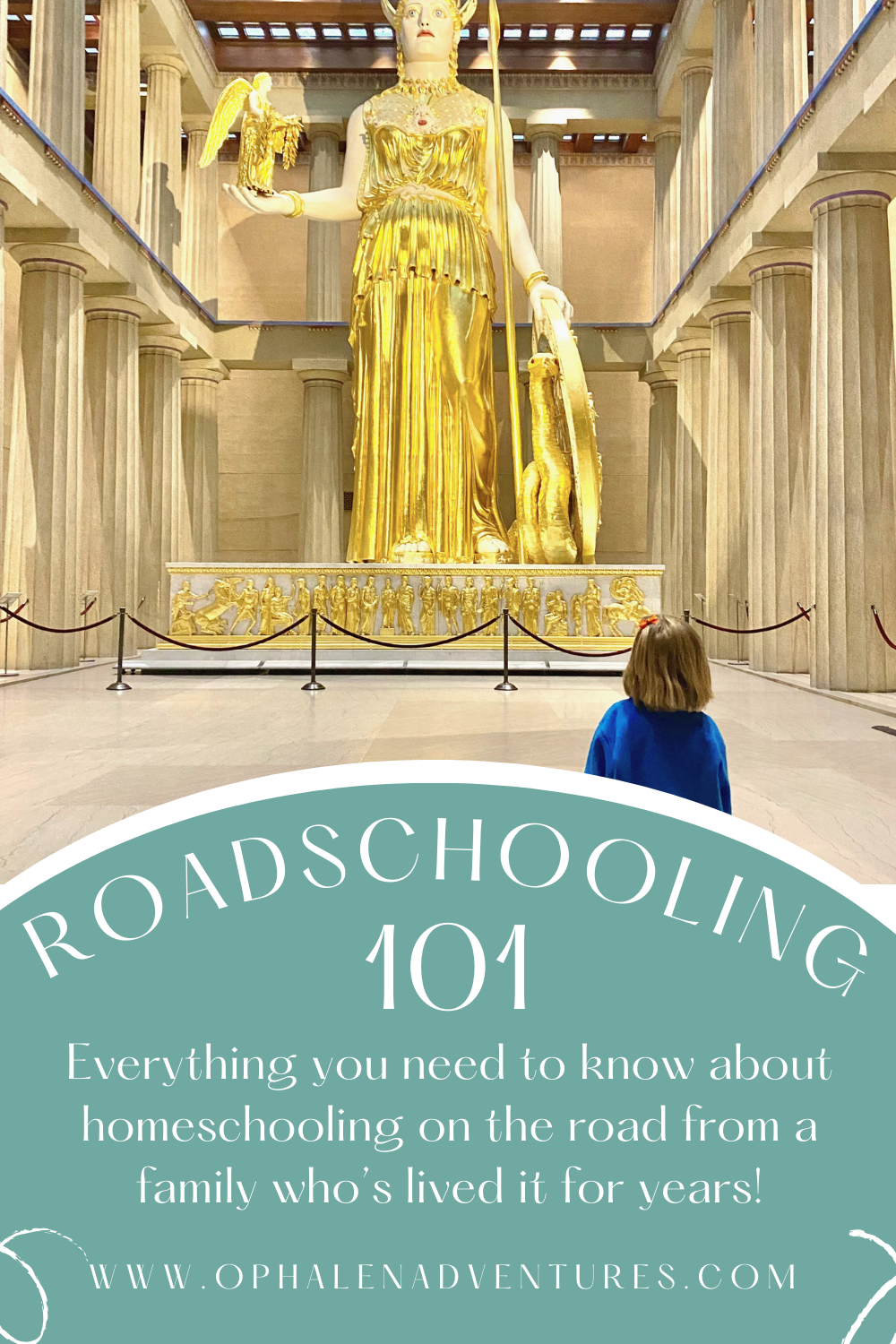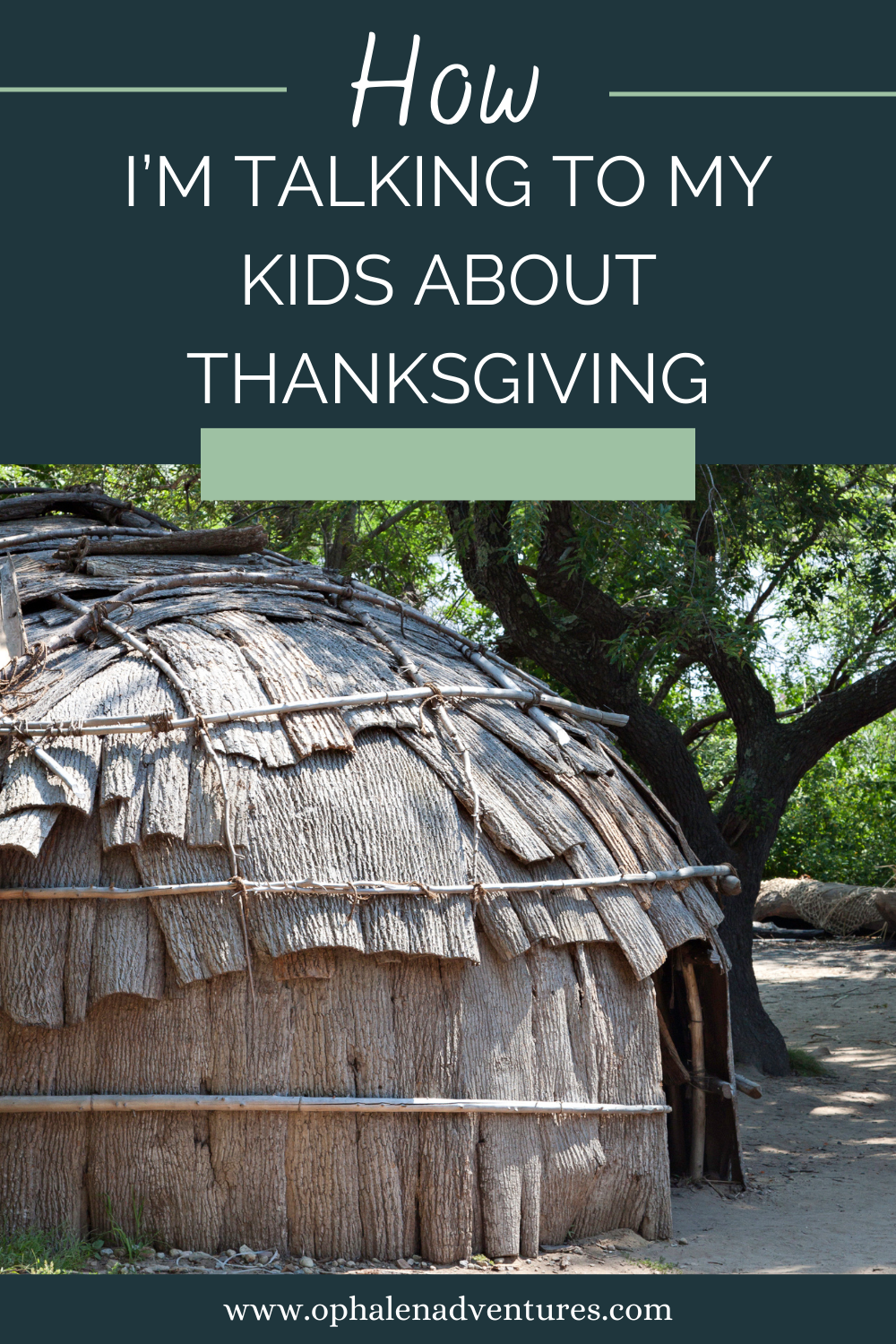
Today I’m going to share our favorite affordable way to hack our homeschooling: Outschool homeschool! We love Outschool as a roadschooling family because it totally broadens the way we can homeschool for such affordable prices.
So if you’ve never tried Outschool homeschool before, here’s how they describe themselves: “Outschool is an innovative education platform that offers a variety of engaging, small-group classes online. Unlike traditional classes, Outschool classes give kids the unique opportunity to explore their interests in-depth via interactive, live video by experienced, independent educators.”
They offer over a hundred thousand online classes at this point, so there truly is an option for just about anything.
If this is your first time on our page, you might appreciate a little context about us before I tell you why we love Outschool. We’re a full time travel family of five with elementary school aged kids. I grew up homeschooled myself, although I wasn’t planning to homeschool my kids until the pandemic changed everything for us. We definitely lean towards unschoolers, but we do use some curriculum! If you’re interested, we’ve gathered our must-have gear for roadschooling.
Now on to the Outschool homeschool review good stuff!
Outschool Homeschool: What We Love
There’s a lot to love about Outschool, in my opinion. Here’s why we think it’s especially amazing for our lifestyle:
It allows for kids to learn about truly niche topics
Because Outschool offers 140,000 different online classes, there truly is a class for just about everyone. We love to follow our kids’ interests as we homeschool, and our kids have come up with some fun ones like world mythology. When we went to find elementary school appropriate mythology classes, there were multiple to choose from. How awesome is that? Niche interests like comic book creation and veterinary science have also been met by Outschool classes.
It gives kids expert instructors for areas where I’m not as confident
I’m a pretty well-rounded homeschool teacher (I think!), but I will happily admit that I’m not an expert in everything. Who is? Outschool offers the chance to find subject matter experts to teach things like Spanish and advanced science that I’m not as confident in teaching myself. It’s so nice to have that option as a backup in our homeschool, especially as our kids age into more difficult material in middle grades!
It offers socializing opportunities
There are some Outschool classes that are specifically for socializing! If you’re traveling around a lot as a roadschooling family or live in an area where it’s hard to find like-minded homeschool families, this could be a great option.
It’s incredibly flexible
Some classes have longer commitments, but many are pay-as-you-go! We like that we can cancel at any time for those weekly classes if our kiddos interests have changed or for any other reason!
It’s affordable
Outschool classes start at just $5, although most of the classes we’ve taken are in the $10-15 per session range. This is a really affordable option for our family, especially considering how much value we feel the specialty classes offer.

Outschool Homeschool: The Downsides
Outschool is amazing, but nothing is perfect, right? Here are the only things I don’t love about it:
It costs money
Okay yeah, it’s inexpensive, but it’s not free. Always a bummer for budget homeschool families. But if you’re in a state that has charter funds available, you probably can use those to get reimbursed.
Sometimes making a frequent schedule commitment is challenging for us
I have been known to miss a class or two because weekly commitments can be hard for us. Our travel schedule changes a lot, and we have a lot going on. The nice thing is that it’s affordable enough that I’m not devastated when this happens.
Instructor quality varies a bit
We have yet to have a *bad* Outschool instructor, but we did end up with one that I thought was only okay. Definitely read class reviews before committing!

Outschool Homeschool: Class Recommendations
Here are a few Outschool classes we’ve tried and loved:
Some others that are still on our list to try:
Outschool also offers a whole Outschool homeschool page with recommendations tailored specifically to homeschoolers. They have classes there sorted by top rated homeschooler classes, socializing groups, or neurodiverse offerings, which I think is especially cool.
If you have an upcoming trip planned and want to make sure your homeschooled kiddos get the most out of it, check out my roadschooling journal for kids:
State Worksheet / Travel Journal for Kids
If you’ve ever wished for an easy way to capture what your kids learn as you travel, this is it! Forget other state worksheets that require boring, irrelevant details like the state flower. Let’s write about what we learned and experienced! This state worksheet digital product includes leveled worksheets for kids: one two page log…
I hope this review of how we Outschool homeschool was helpful! Feel free to follow along with our roadschooling adventures here or on Instagram.
Disclaimer: Product links in this blog post may be Affiliate links, and I will earn a small commission for each purchase made through these links at no extra cost to you. Affiliate income helps fund our family travel and allows me to keep creating inspiring family travel content for you. I so appreciate when you use my links to make purchases you would have made anyway.
For more on how we homeschool our three kids on the road, check out these posts:
